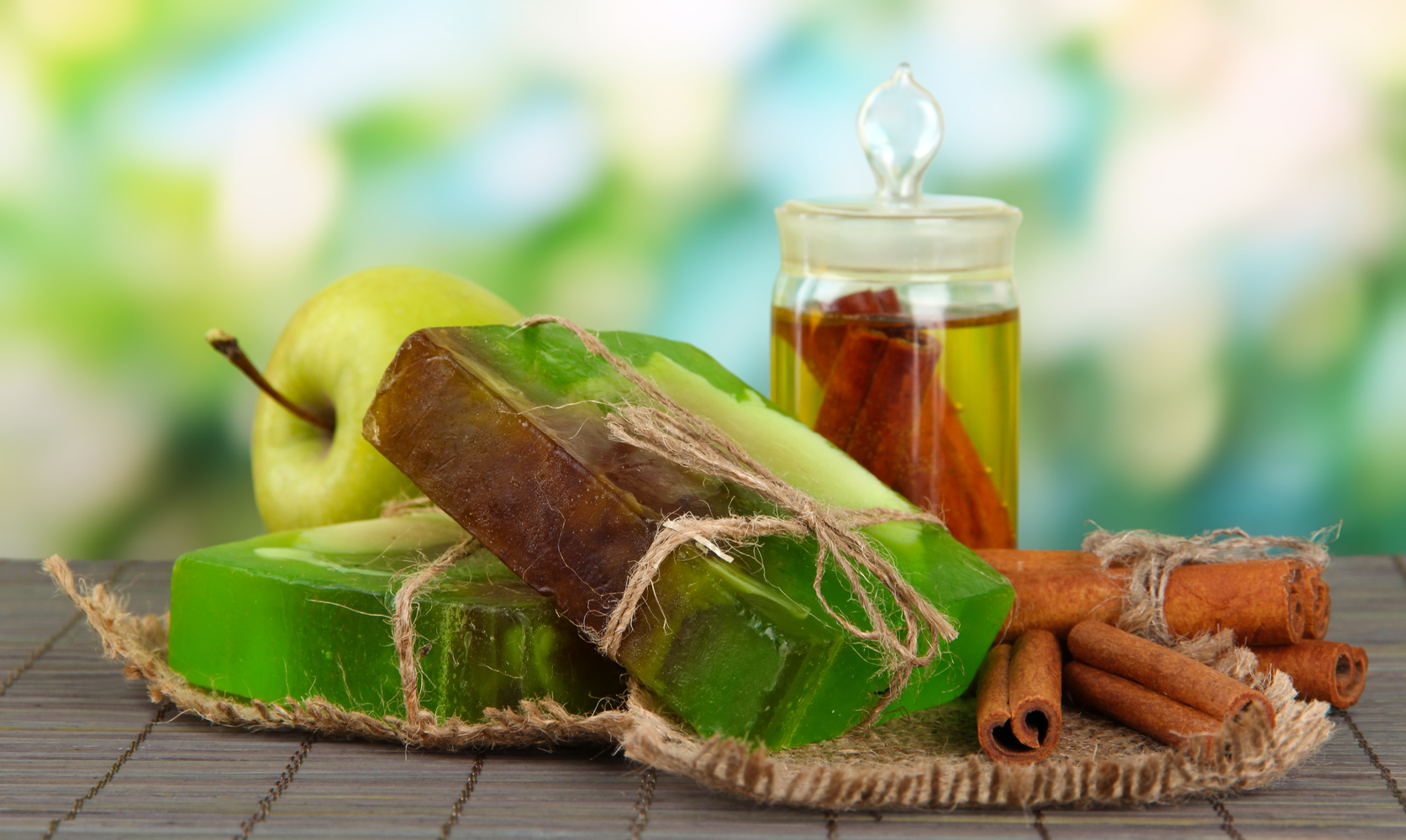
Soaps that Trigger Eczema
Eczema is a common skin condition that results in dry, itchy, inflamed skin. It is most common in children, but can occur at any age. Those who have a family history of eczema are also more likely to suffer from the skin condition. Depending on the severity, eczema symptoms can include uncontrollable itchiness, raw and swollen skin, a burning or stinging sensation, rash, or scaly skin. These symptoms are caused by inflammation which is the result of a corresponding trigger or triggers. Dermatologists often try to manage the condition with a mix of medications like dupixent, cibinqo, rinvoq, and gold bond.
Unfortunately, there is no cure for eczema so avoidance of triggers is the best way to minimize symptoms. Triggers can include allergies, irritants, and even stress. The list of possible irritants is quite long and includes, but is not limited to metals, fragrances, certain types of fabrics, cigarette smoke, makeup, cleansers, and soaps. Having clean skin is incredibly important for people with eczema, as raw and inflamed skin is susceptible to infections. When choosing soaps it is best to avoid soaps with the following six ingredients:
1. Antibacterial soaps
Antibacterial soaps can be very harsh on normal skin, much less someone with eczema. The ingredients can strip the skin of its natural oils. The good news is that these types of soaps aren’t really necessary as long as proper handwashing techniques are utilized
2. Soaps with propylene glycol
Propylene Glycol is another ingredient that made it to Allergen of the Year by the ACDS, most recently in 2018. This emulsifier absorbs water and is found in a lot of moisturizers, creams, and soaps. Oddly enough, it is also found in many medicines, topical treatments for eczema, but for people who are allergic, it can cause a flare-up of symptoms instead.
3. Soaps containing methylchloroisothiazolinone (MCI) and methylisothiazolinone (MI)
These two ingredients have been used in everything from paints to cosmetics to laundry products. MI is a preservative that not only extends the life of the product but also prevents the growth of fungi and bacteria, hence its use in common cleansers. However, allergies to MI) are so common that it was named the Contact Allergen of the Year 2013 by the American Contact Dermatitis Society (ACDS).
4. Strong fragrance soaps
While everyone enjoys a great smelling soap, fragrances are such a common allergen that the National Eczema Association will not accept a product with fragrance into their Seal of Acceptance Program.
5. Soaps with cocamidopropyl betaine
Cocamidopropyl betaine (CAPB) comes from coconut oil. It is what makes your cleansers foam and also helps to eliminate oil and dirt. Similar to other types of soaps, it can remove the natural oils from the skin resulting in red flaky skin.
6. Soaps with botanical oils
Natural fragrances found in botanical oils can be just as irritating to your skin as manufactured fragrances. Additionally, botanical oils are often derived from trees and plants that produce pollen, another common allergen.
Keeping skin clean and healthy is integral to minimizing severe, often painful, symptoms of eczema and can provide a renewed sense of self-confidence. Start by avoiding soaps with the ingredients above and keep track of any changes in the products that you normally use so that you can keep an eye out for any allergens specific to you.


